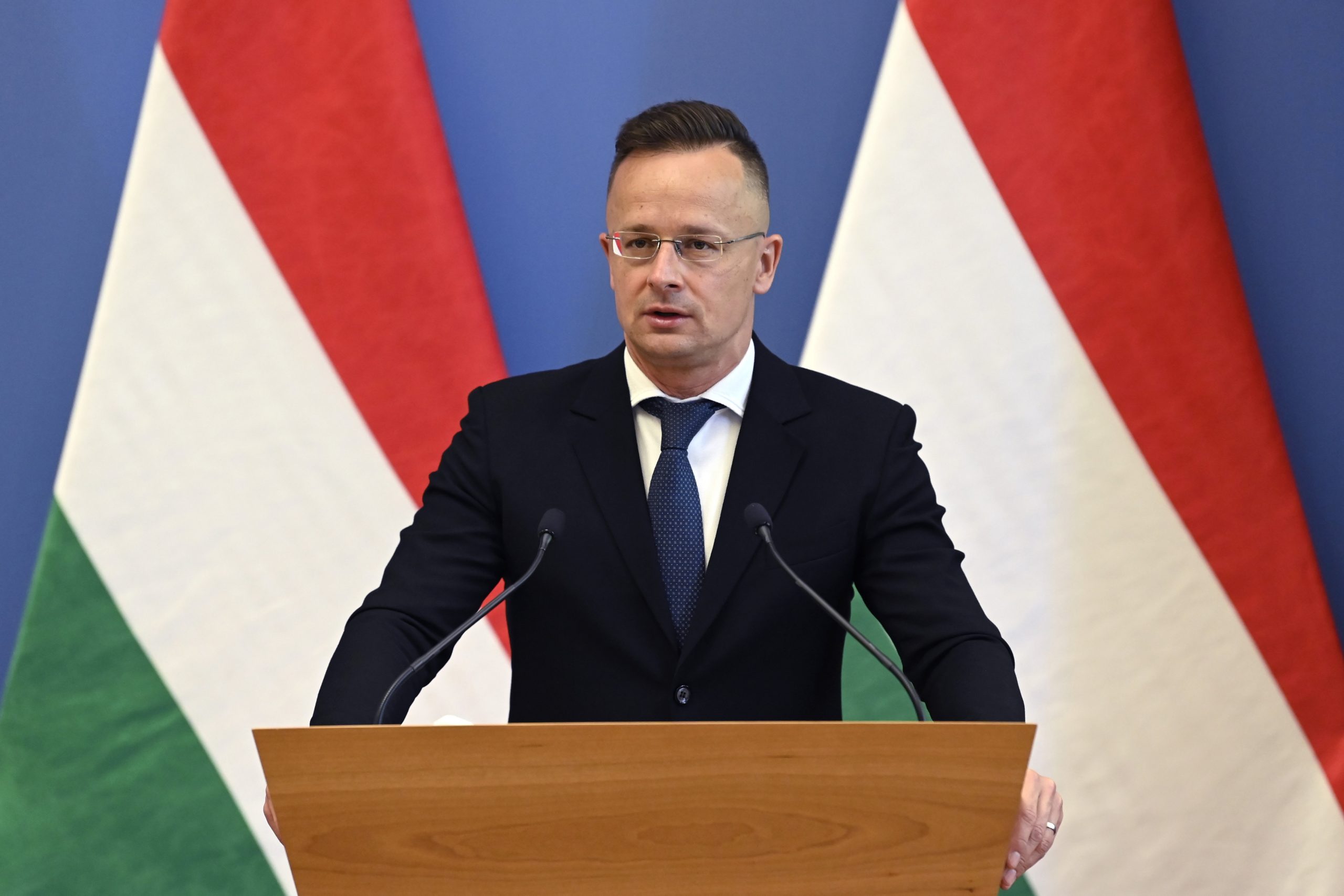
"OSCE staff will have the chance to witness a free, fair, and democratic election, but only if they do not attempt to interfere in the Hungarian elections during their mission," Justice Minister Judit Varga responded.Continue reading

At the end of January, Minister of Foreign Affairs and Trade Péter Szijjártó warned that if any of the ambassadors from the incoming OSCE Election Observation Mission to Hungary decide to go beyond their protocol in voting locations, they can expect deteriorated relations from the Hungarian government in the future, government critical news portal Azonnali reports. The aim of the Organization for Security and Co-operation in Europe’s mission, following an official invitation, is to ensure an effective assessment of Hungary’s electoral process, due to a “highly polarized political environment and the need to contribute to public confidence in the electoral process.”
The National Election Office and the National Election Committee recently held a meeting with foreign diplomats and delegations to Hungary, who plan on observing Hungary’s April 3 parliamentary elections. The international observation of elections is allowed under Hungarian law, and diplomatic delegations from abroad are sent to every election, with ambassadors often taking part in person.
While this should normally not be an issue of great concern or politicization, the OSCE’s incoming Election Observation Mission has received some surprising scrutiny from Hungary’s minister of foreign affairs and trade. At a meeting of diplomats in Budapest at the end of January, Péter Szijjártó was quite adamant that if any member from the observation mission goes beyond their protocol, the Hungarian government will only speak to them at a lower standard.
Azonnali’s sources on what the minister specifically said differ, with some saying that he used the expression of a “black list” for diplomats who appear to break protocol. Others note that the lower standard he was referring to involved treating ambassadors at the same level as heads of ministries, which is considered degrading.
Szijjártó clarified what he said at the meeting in a speech on “very serious foreign interference” at pro-Fidesz Megaphone Center’s event on Thursday.
I clearly stated that there are rules which need to be upheld, there is a sovereign nation, where they [the diplomats] are the representatives of another nation. And I would certainly replace my ambassador if I found out […] that they were sharing an opinion on the domestic affairs of the country they are visiting.”
The Foreign Minister noted that he signed the invitation letter to the OSCE, but emphasized that those taking part in election observation should not be in Hungary to “develop a platform.” He said they should not “walk around in the voting districts and give their opinions on what is right and wrong, because their job is to represent their nation, to build bilateral relations out of mutual respect and based on mutual interests.”
A 218 member observation mission is expected from the OSCE to arrive before the April 3 elections. EU Justice Commissioner Didier Reynders has stated that the mission may be necessary for the EU’s credibility, noting that in order to monitor democratic processes in non-EU countries, EU members should not be excluded from monitoring other EU member states.
Fact
A number of reasons have been brought up justifying OSCE’s mission in Hungary. According to HVG, the OSCE mentioned:
Both governing Fidesz and the United Opposition have brought up the threat of foreign interference in Hungary’s upcoming elections. While Fidesz believes George Soros, the West, and even the European Union will take such actions, opposition politicians have accused Russia in reference to Viktor Orbán and Vladimir Putin’s good relations.
On the other hand, a European Parliament committee has condemned the Hungarian government of endangering the Union’s integrity through its misuse of the Pegasus spyware and the planned Fudan University campus in Budapest. The Special Committee for foreign interference in all democratic processes in the EU (INGE) said Hungary “is helping China and Russia with their geopolitical objectives and spreading disinformation in the region.”
Featured photo illustration by Tamás Kovács/MTI